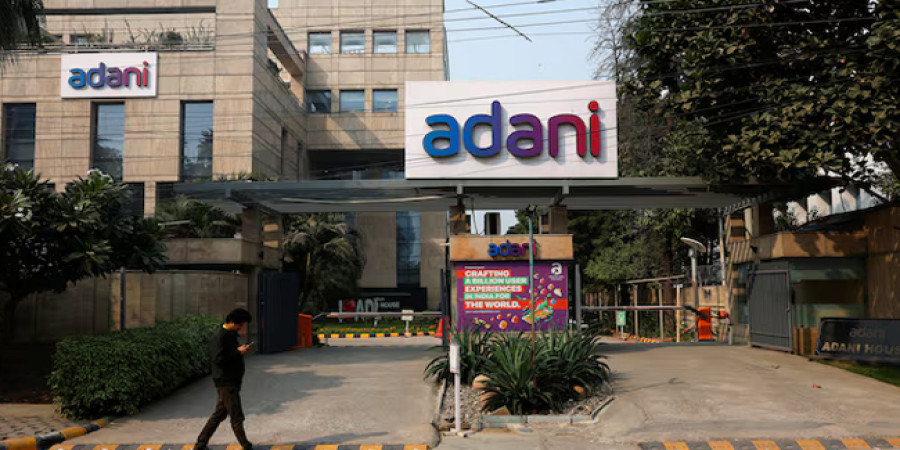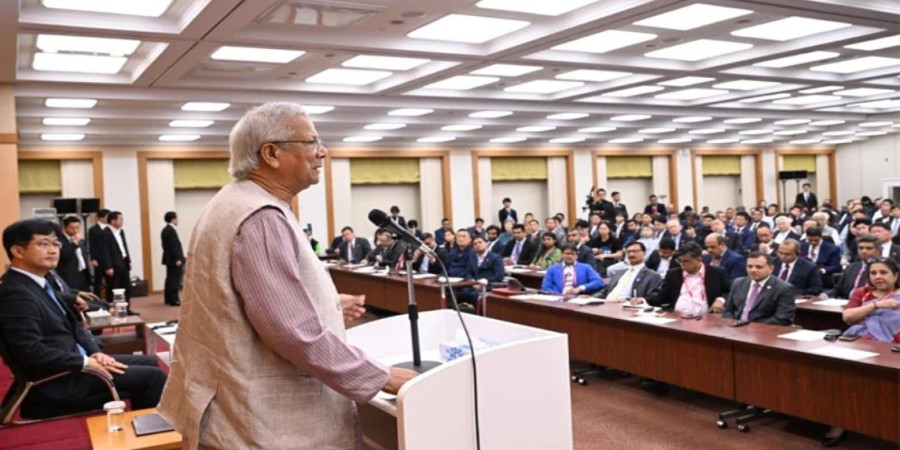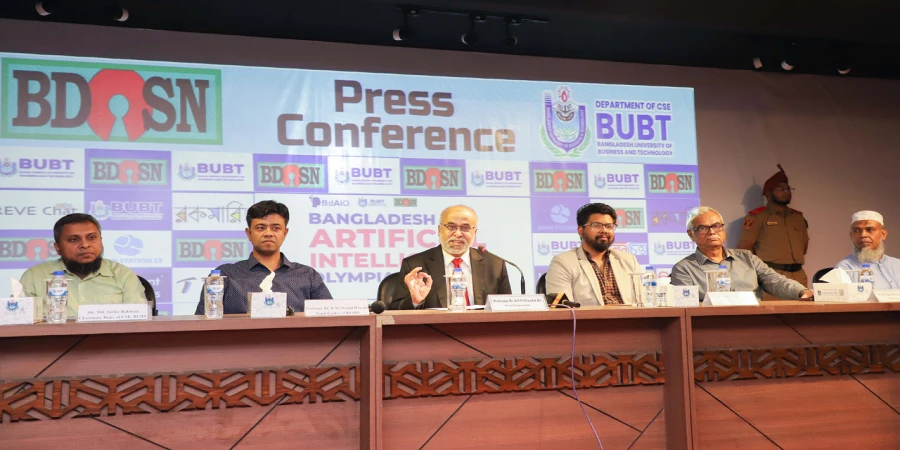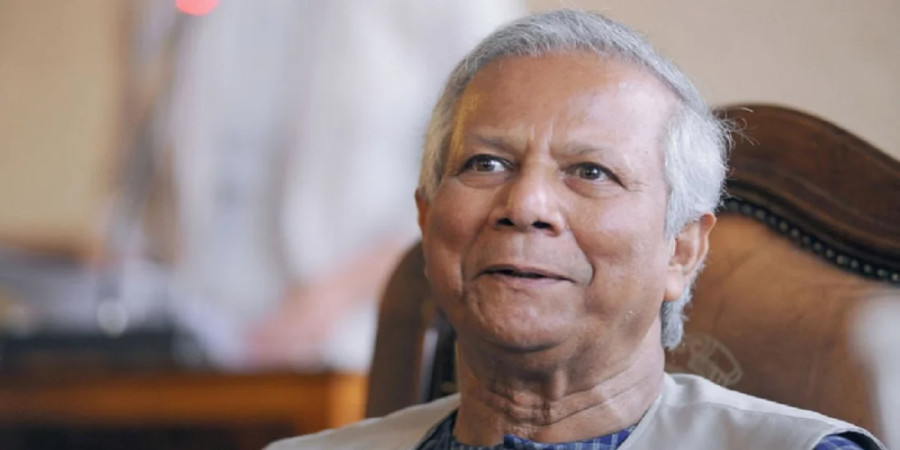
ছবি: Bangladesh Will Ask Adani to Reduce Electricity Prices - Source
Bangladesh’s interim government has indicated that it will seek to lower electricity prices through negotiations with Adani Group, unless the ongoing court investigation leads to the cancellation of the power purchase agreement. Muhammad Fauzul Kabir Khan, the energy adviser to the interim government, stated that if any discrepancies are found in the agreement, it will be revisited. However, any decision to annul the agreement will depend on the outcome of the investigation.
In an interview with Reuters on December 1, 2023, Fauzul Kabir clarified that while the country is exploring options to reduce electricity prices, this could only be pursued if the agreement with Adani Group is not cancelled based on legal proceedings. According to him, although the Adani power plant receives tax exemptions from the Indian government, Bangladesh is not benefiting from it, and this could be one of the factors for re-evaluating the contract. However, Fauzul Kabir does not believe that corruption allegations against Adani in a US court will influence the contract with Bangladesh.
According to data from the Bangladesh Power Development Board (BPDB), Adani Group was charging Bangladesh 14.02 taka per unit of electricity in the 2022-2023 fiscal year, making it the highest among Indian electricity producers. Other Indian producers charged an average of 8.77 taka per unit. While the cost per unit of electricity from Adani dropped to 12 taka in the 2023-2024 fiscal year, it is still 27% higher than that of private Indian producers and 63% higher than that of state-run producers.
The retail price of electricity in Bangladesh stands at 8.95 taka per unit, leading the government to spend around 320 billion taka annually in subsidies. Fauzul Kabir emphasized that the government aims to lower electricity prices across the board, not just for Adani, to reduce subsidies and bring prices closer to the average retail price.
Despite this, the government will continue to purchase electricity from Adani Group, he confirmed. However, following delays in bill payments, Adani had reduced its electricity supply to Bangladesh by half. Fauzul Kabir assured that the country has sufficient local capacity to meet its energy needs, even though some power plants are temporarily idle or underperforming due to the gas crisis or other issues.
He also stated that Bangladesh will not allow any electricity supplier, including Adani, to use its position to blackmail the country. Despite Adani’s reduced supply, there have been no significant disruptions in electricity availability in Bangladesh.
The agreement with Adani Group was signed in 2017 under the previous government led by the Awami League. According to the deal, Bangladesh agreed to purchase electricity from a power plant in Godda, Jharkhand, India, for 25 years. However, the long-term agreement has been criticized for its imbalance, as certain terms could see Adani Group take an additional 375 billion taka from Bangladesh over the course of the contract.
Following the Reuters interview, Adani Group issued a statement on Monday, asserting that it had not received any indication from the Bangladesh government about reconsidering the contract. A spokesperson for Adani Power stated that despite increasing outstanding payments, the company has continued to supply electricity to Bangladesh, which they described as concerning. The spokesperson added that they were in continuous dialogue with the BPDB and senior officials in the Bangladesh government, who had assured them that the outstanding payments would be cleared soon.
repoter






